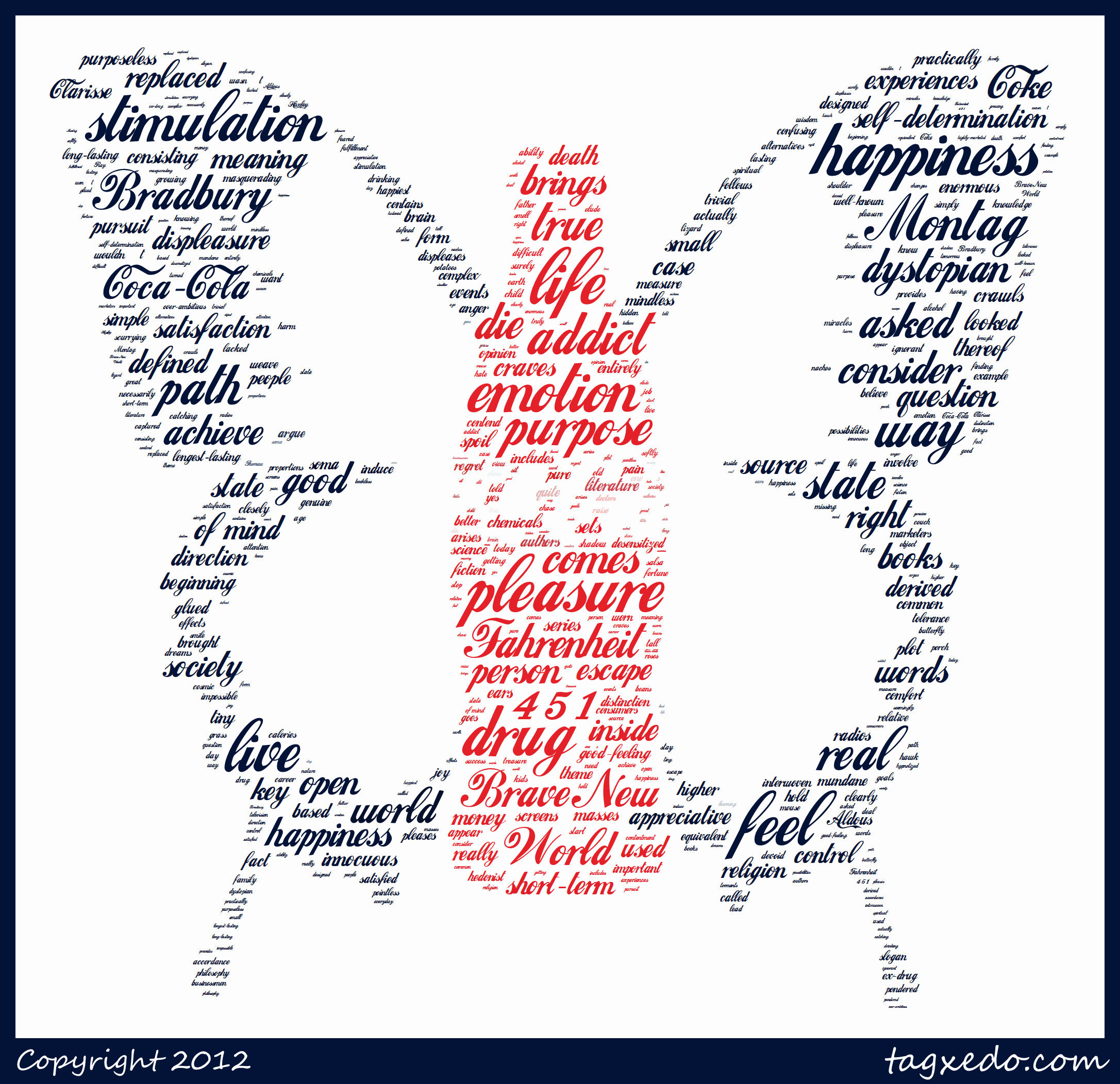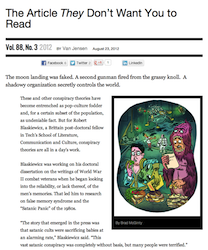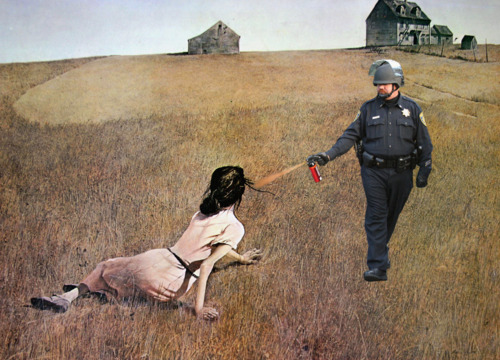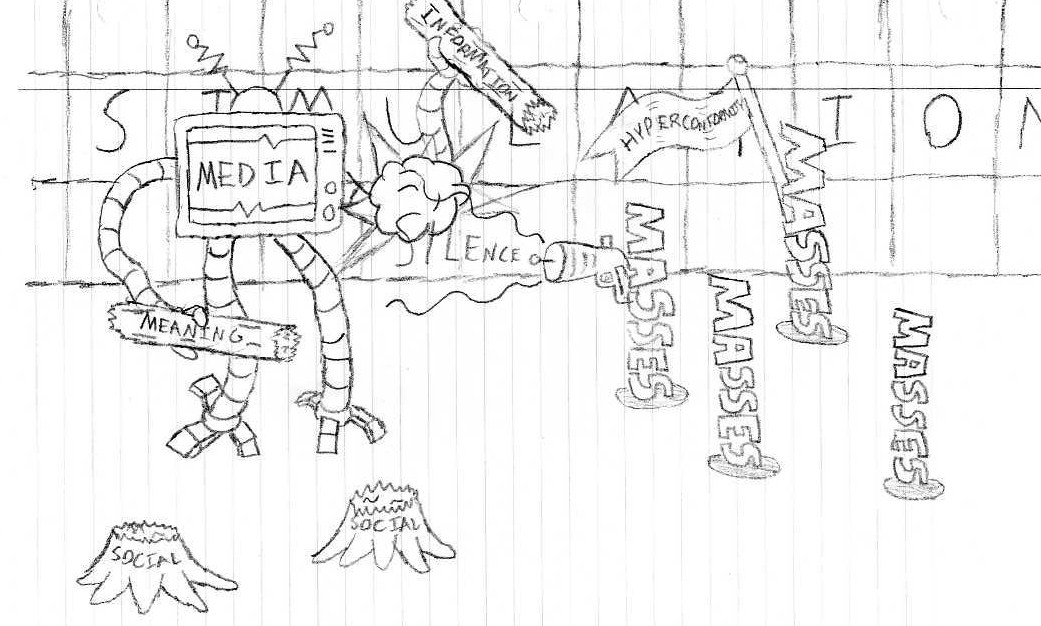Leah Haught Co-Authors Research Guide
First-year Brittain Fellow Leah Haught’s co-authored article (with Thomas Hahn, University of Rochester) “Sir Gawain and the Green Knight”(SGGK) is now available online from Oxford Bibliographies in “British and Irish Literature.” Designed as a research guide for students and scholars alike, the article combines features of an annotated bibliography with… Continue reading













